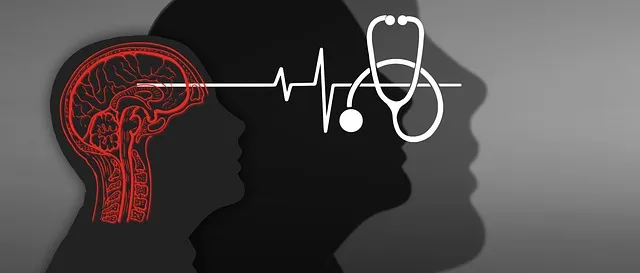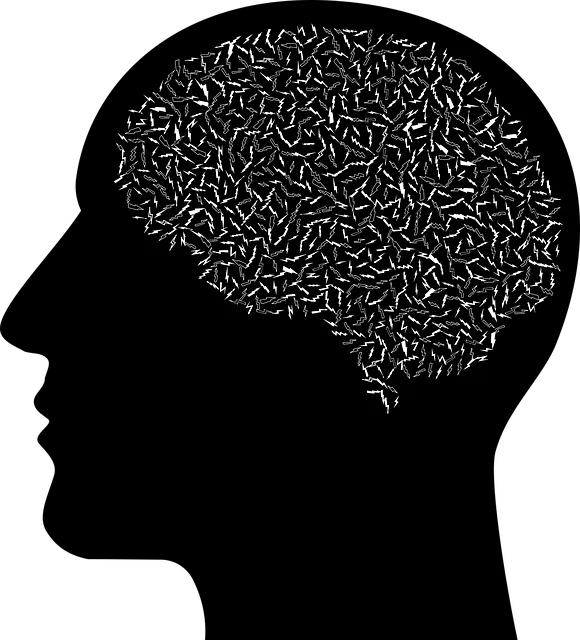In today's fast-paced world, mental wellness coaching is gaining popularity as a proactive approach to achieving balanced lives. Inspired by Kaiser's comprehensive inpatient mental health services at Wheat Ridge, this method focuses on self-discovery, personal growth, and practical skills through techniques like mindfulness meditation and cognitive reframing (Mood Management), fostering resilience and optimism (Positive Thinking), and providing accessible resources via the Mental Wellness Podcast Series. While Kaiser offers intensive, round-the-clock inpatient treatment for severe crises, Wheat Ridge takes a community-based approach, focusing on holistic healing and building long-term mental wellness through techniques suitable for conditions like anxiety.
Mental wellness coaching programs have emerged as a crucial component of modern society’s approach to addressing psychological well-being. As the demand for accessible and personalized support grows, understanding the nuances of these programs is essential. This article explores the development of mental wellness coaching, focusing on key components for success. We also compare traditional inpatient services, like those offered by Kaiser, with community-based alternatives, such as Wheat Ridge programs, shedding light on innovative approaches to mental health care.
- Understanding Mental Wellness Coaching: A Growing Need in Modern Society
- Designing Effective Programs: Key Components for Success
- Kaiser's Inpatient Mental Health Services vs. Community-Based Approaches: A Comparison with Wheat Ridge Programs
Understanding Mental Wellness Coaching: A Growing Need in Modern Society

In today’s fast-paced and often stressful world, mental wellness coaching is gaining prominence as a crucial tool for individuals seeking balanced and fulfilling lives. This coaching approach focuses on empowering people to take charge of their mental health, much like Kaiser’s inpatient mental health services at Wheat Ridge do for acute care. It goes beyond traditional therapy by emphasizing self-discovery and personal growth, using techniques such as Self-Awareness Exercises and Stress Management strategies.
Coaching programs aim to facilitate Emotional Healing Processes by teaching clients practical skills to navigate life’s challenges. By fostering resilience and self-care practices, these programs support individuals in managing stress, anxiety, and depression, ultimately improving their overall well-being. The growing need for mental wellness coaching reflects a societal shift towards proactive health management, where people are increasingly recognizing the importance of mental health as an integral part of their overall lives.
Designing Effective Programs: Key Components for Success

When designing effective mental wellness coaching programs, several key components contribute to success. Firstly, Mood Management techniques should be integrated into the curriculum. This includes teaching clients strategies to regulate their emotions and maintain a positive outlook, which can significantly improve overall mental wellness. Techniques such as mindfulness meditation, cognitive reframing, and relaxation exercises have been proven effective in fostering emotional balance.
Additionally, incorporating Positive Thinking principles can empower individuals to shift their mindset towards resilience and optimism. Encouraging clients to challenge negative thought patterns and replace them with constructive alternatives is vital for long-term success. The Mental Wellness Podcast Series Production can also serve as a valuable tool, providing accessible resources and real-world examples that reinforce learning outcomes. By combining these components, Wheat Ridge’s programs at Kaiser, including inpatient mental health services, aim to equip individuals with the tools needed to navigate life’s challenges and thrive.
Kaiser's Inpatient Mental Health Services vs. Community-Based Approaches: A Comparison with Wheat Ridge Programs

When comparing Kaiser’s Inpatient Mental Health Services to Community-Based Approaches, such as those offered by Wheat Ridge programs, one key difference lies in their scope and setting. Kaiser focuses on intensive, inpatient care, providing a structured environment for individuals experiencing severe mental health crises. This model offers round-the-clock monitoring and treatment, often including medical stabilization, individual therapy, and group support sessions.
In contrast, Wheat Ridge advocates for community-based approaches that emphasize holistic healing and empowerment. Their Mental Wellness Coaching Programs Development focuses on building resilience through techniques like mindfulness meditation to manage conditions like anxiety relief. This approach prioritizes individuals’ integration back into their communities while fostering long-term mental wellness.
Mental wellness coaching programs, as exemplified by Wheat Ridge’s innovative approaches, offer a promising alternative to traditional inpatient services provided by giants like Kaiser. By focusing on community-based solutions, these programs not only enhance accessibility but also promote holistic recovery. Understanding the key components for success, as outlined in this article, is crucial for developing effective mental wellness coaching initiatives that cater to the growing need for support in modern society.



